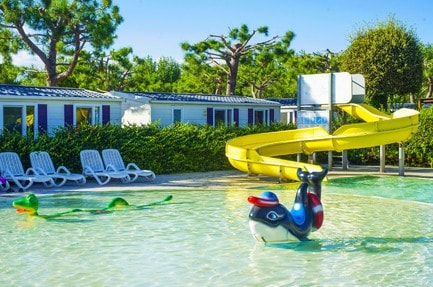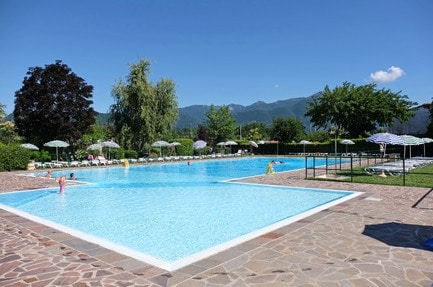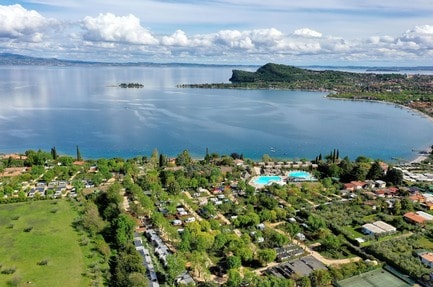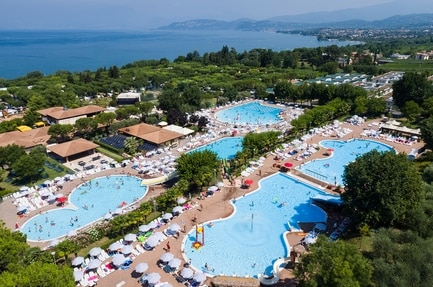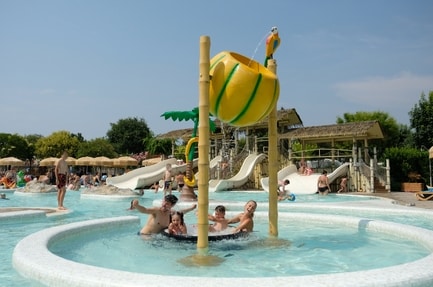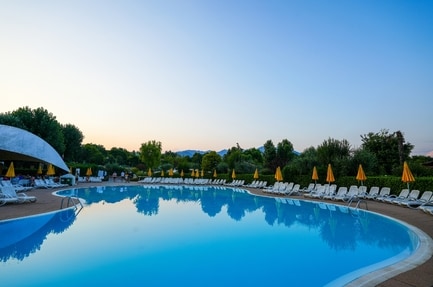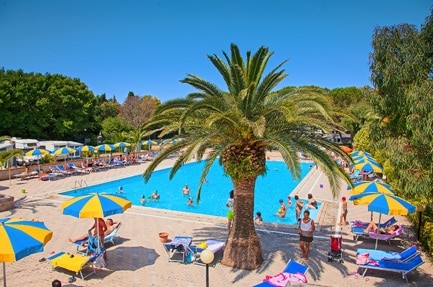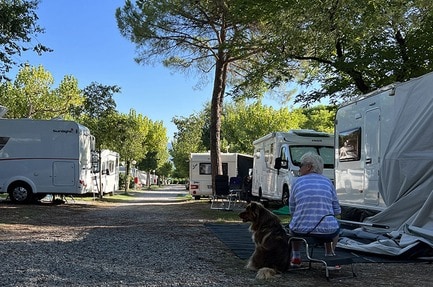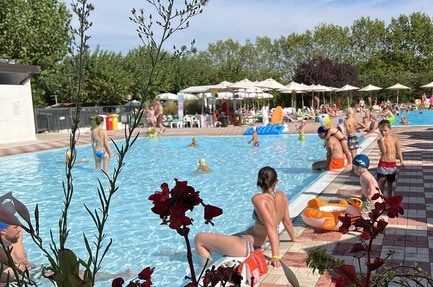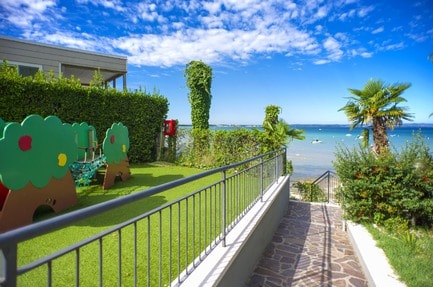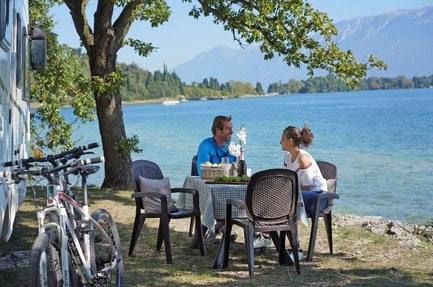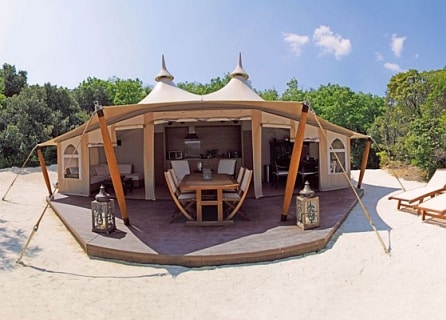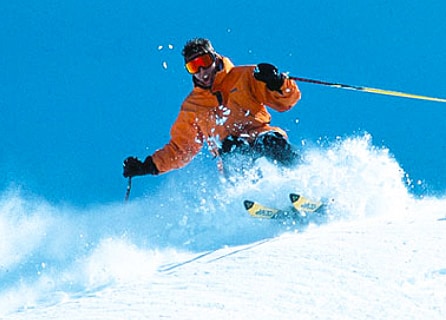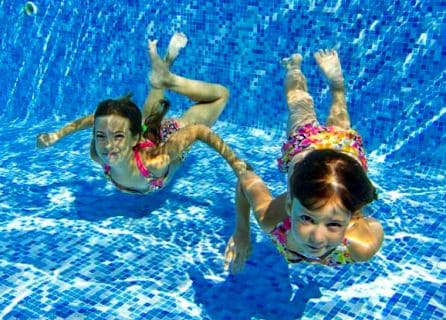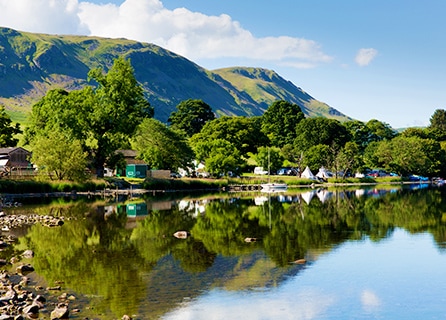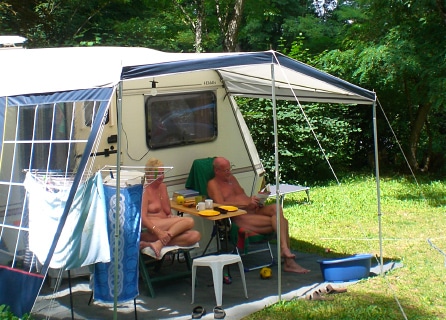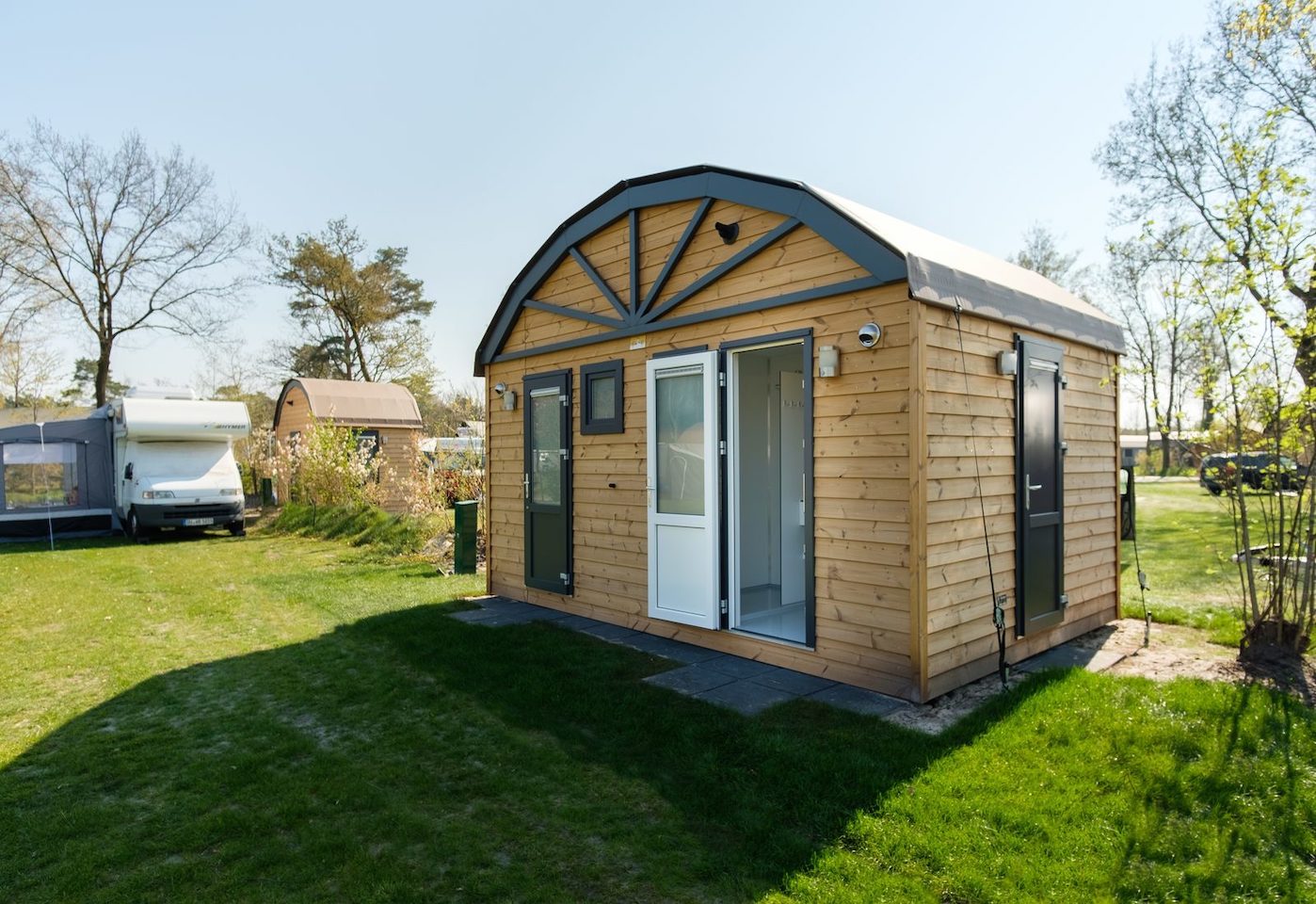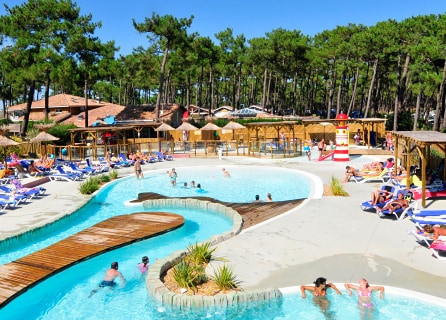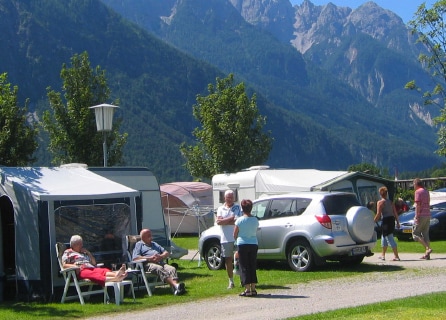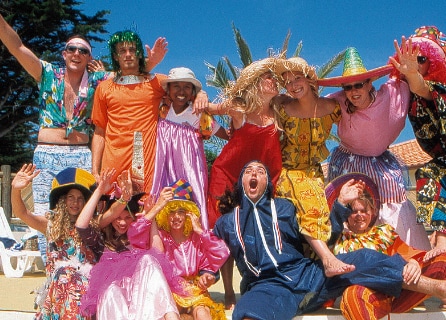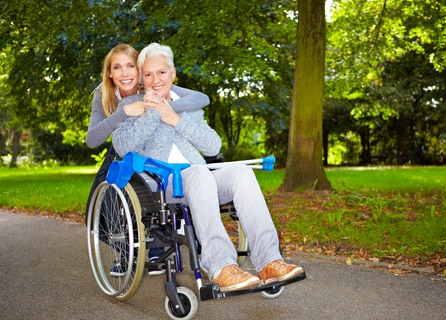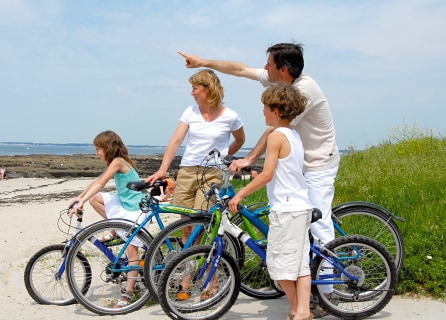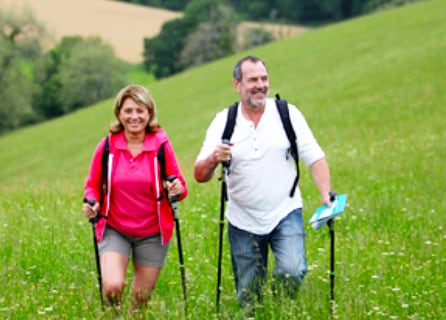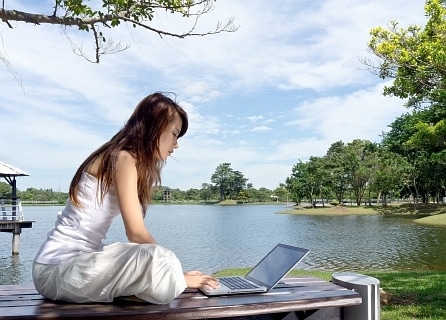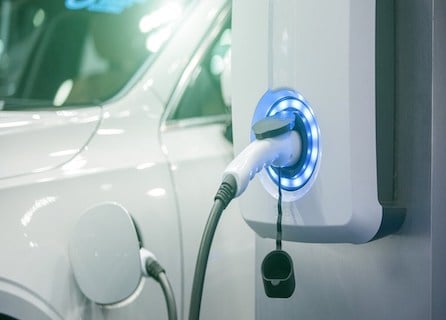Camping in Italy: cultural and culinary delights
Italian campsites are amongst the most popular holiday destinations. Not surprising, as this is a country full of contrasts. Italy has something for everyone: mountains, idyllic lakes, enchanting towns, rolling fields, beautiful beaches and a wonderful atmosphere for a holiday. A holiday in Italy awakens all the senses, whether you opt for a beach holiday at Lake Garda, an artistic trip to Florence or a mountain sports holiday in the Dolomites. And of course, you can always enjoy great coffee and delicious pasta and pizza dishes. Add to that a sunny, warm climate and you can easily appreciate why Italy is a camping country par excellence. From cosy family campsites with swimming pools and nightclubs to small charming farmhouses nestled between olive trees and rolling hills.
A camping holiday in Italy: a southern passion with amazing contrasts!
What is it that makes camping in Italy so attractive? For a start, the fantastic climate; southern Italy is not called Il Mezzogiorno or ‘land of the midday sun’ for nothing. And every campsite in Italy is different due to the enormous diversity of the countryside. The Tuscan towns are so different to those in Liguria, the farmhouses of Apulia are nothing like those in Emilia-Romagna. The lakes and coastline near all the different campsites in Italy have their own character and ambiance. Lake Garda for instance cannot be compared to Lake Maggiore. Both are so beautiful that they are much sought after destinations for a trip to Italy.
Food and Beauty: Shared Passions Among Italians
Customs also differ from one region to another, but all Italians have two things in common: a love of eating and beauty! Italian cuisine found its way into everyday cooking in many countries a long time ago (pizza, pasta, ice cream!) but there are plenty of new things to be discovered right there from the campsite. Campsites in Italy are easily accessible by car or train and connections are excellent in large parts of the country. What is there to stop you from planning a relaxing holiday in Bella Italia?
The most beautiful lakes
You will find plenty of lakes in Italy, especially in the mountainous north. Lake Garda is Italy’s largest and most famous lake. On the southern side, you can find large and pleasant family campsites. The northern side is popular among surfers and outdoor sports enthusiasts. Lake Maggiore is located in the mountainous border area between Italy and Switzerland.
The charming villages around the lake offer a taste of the good Italian life. Discover beautiful Lake Como from the water by taking a ferry between the locations. Lake Iseo is a somewhat smaller and quieter lake between the mountains. Lake Idro, also a smaller lake, is popular with surfers and sailors because of its winds. Other lakes in central Italy include Lake Trasimeno in Umbria near the border of Tuscany and Lake Bolsena, the largest crater lake in Europe.
Cities: culture, history and fun
In Italy, you can find some of the world’s most famous cities such as Rome, Venice and Florence. It is impossible to deny the special and rich history of the country there. You can stroll past baroque palaces and Roman buildings that have been standing for more than two thousand years. A visit to these Italian cities can easily be combined with a camping holiday. Public transport is often available from the campsites or a shuttle service is provided.
Alps, volcanoes and tranquillity
In Italy, there are beautiful mountainous areas, for example the Abruzzi, east of Rome. But there is also the Dolomites, the Aosta Valley and in the Mont Blanc massif, outdoor sports enthusiasts can really let loose. Mass tourism has not yet made its way here, which is ideal for those looking for some peace and quiet. In Italy, you also have the chance to walk through the lunar landscape of an active volcano: Etna on Sicily. An exceptional experience!
Puglia: the heel of the boot
Want to explore a quieter part of Italy? Then the Apulia region (Puglia in Italian) is highly recommended. To do so, drive all the way to the heel of the boot. You can visit some nice places such as Lecce and Gallipolli. And be sure not to miss out on two World Heritage Sites. These are the trulli of Alberobello, small white houses typical of the region, and the extraordinary semi-underground city of Matera, just across the border in the Basilicata region.
